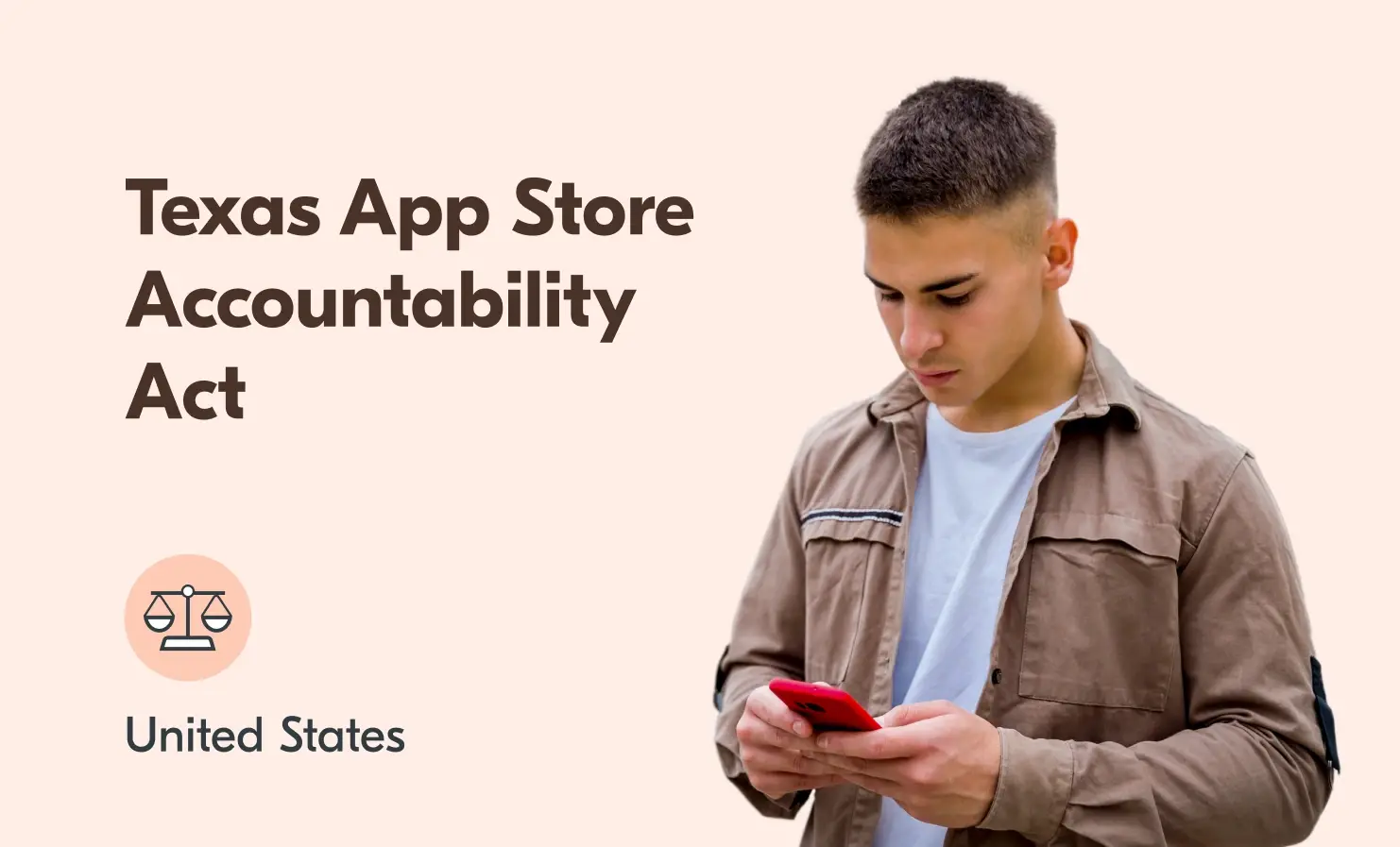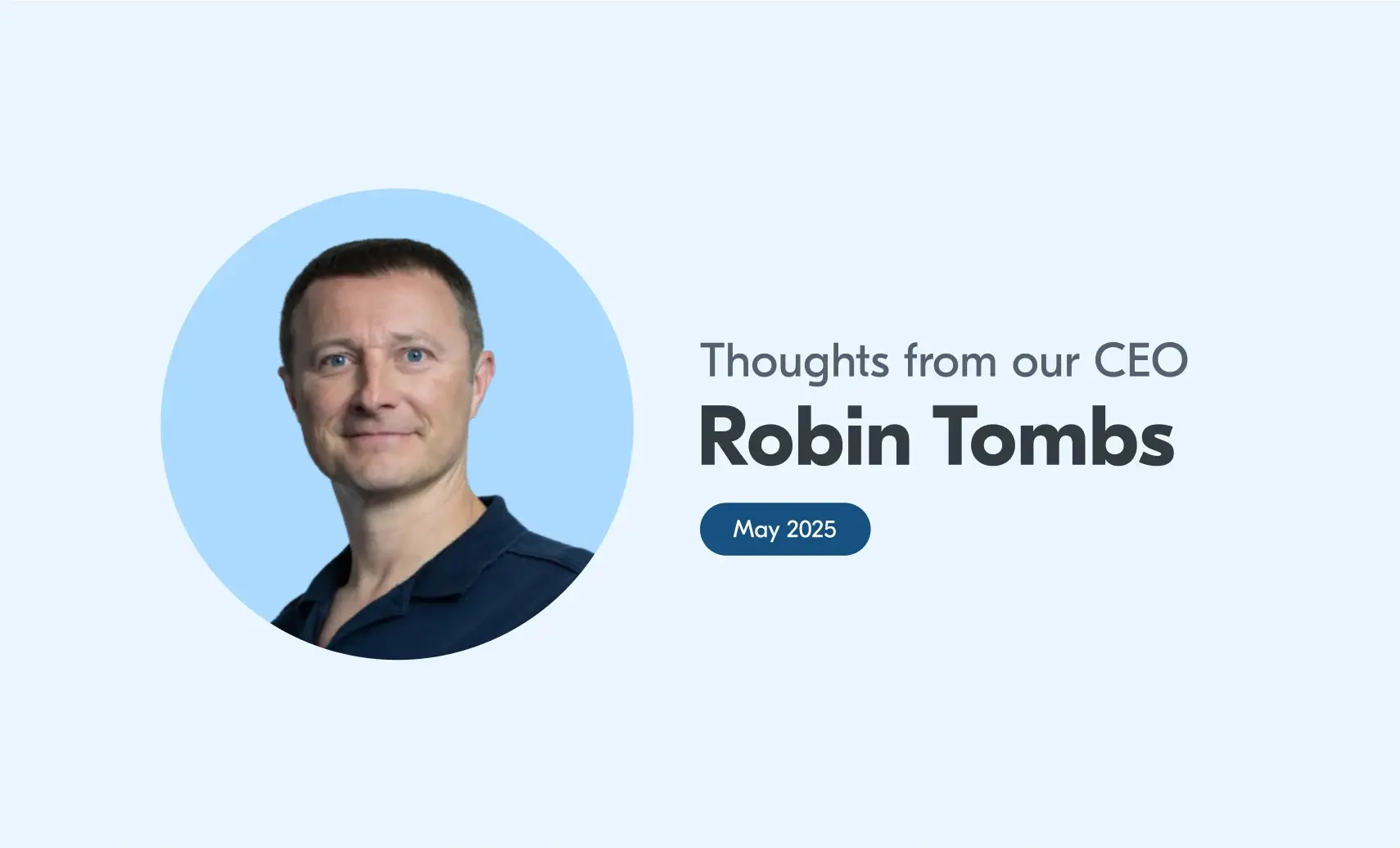Articles
Texas App Store Accountability Act: what it means for age assurance worldwide
The State of Texas has passed a landmark law – the App Store Accountability Act – that places legal responsibility for age checking squarely on app store operators. Utah was the first state to enact this type of legislation, now followed by Texas. This new regulatory shift has far-reaching implications for digital safety, privacy and innovation around the world. As an age assurance provider, we believe it’s critical to explain the significance of this development, highlight the practical challenges it raises, and offer a path forward that protects both users and platforms. One of the main weaknesses of this
Thoughts from our CEO
In this blog series, our CEO Robin Tombs will be sharing his experience, whilst focusing on major themes, news and issues in the world of identity verification and age assurance. This month, Robin chats about the UK’s supermarket trials, the growing momentum behind digital ID and developments in online safety regulations. Facial age estimation and Digital ID supermarket trials Many Yoti followers will know we developed effective facial age estimation at the end of 2018 – over 6 years ago. After several UK supermarkets pleaded for the Home Office to trial the technology at self-checkouts, trials were completed
Protecting your business and customers from account takeover
In today’s digital world, we have dozens of online accounts. These range from online banking to social media, dating apps to gaming platforms. Though convenient, this opens the door to the rapidly growing threat of account takeover fraud. Account takeover fraud is surging, with global losses expected to hit $17 billion by the end of 2025. The number of account takeover attacks is rising sharply too, increasing by 24% year-over-year in 2024. This blog walks you through what account takeover is, how it happens and what you can do to prevent it. What is account takeover? At its
Effective ways to improve your AML compliance
Managing financial crime presents a complex challenge for financial institutions. Due to its covert nature, the full scope of money laundering is difficult to truly know. The United Nations Office on Drugs and Crime (UNODC) estimates that between 2-5% of global GDP (up to $2 trillion in US dollars) is laundered every year. As financial crime becomes more sophisticated and regulations grow tighter, businesses must prioritise robust anti money laundering (AML) measures. Industries like banking, fintech and financial services need strong AML processes to protect themselves from fraud, penalties and legal risks. We explore how your business can strengthen
Yoti responds to the Draft Statement of Strategic Priorities for online safety
Last week, the Department of Science, Innovation and Technology, published the final draft Strategic Priorities for online safety. We welcome the statement, which highlights the five areas the government believes should be prioritised for creating a safer online environment. These areas are: safety by design, transparency and accountability, agile regulation, inclusivity and resilience, and technology and innovation. These priorities will guide Ofcom as it enforces the Online Safety Act, ensuring platforms stay accountable and users are protected. We welcome this clear direction and commitment from the government to create safer online spaces. It’s positive that age assurance has been
What is identity verification?
As we spend more of our lives online, protecting our personal data has never been more important. Identity verification helps businesses check their customers’ identities whilst allowing people to navigate online services with confidence. Understanding identity verification is essential. We break down what identity verification is, why it matters and how it works. We also discuss the different methods used for verifying identity and the benefits of secure identity checks. Why do we need identity verification? Identity verification helps protect both individuals and businesses from things like identity theft, fraud and other malicious activities. It’s especially important in






